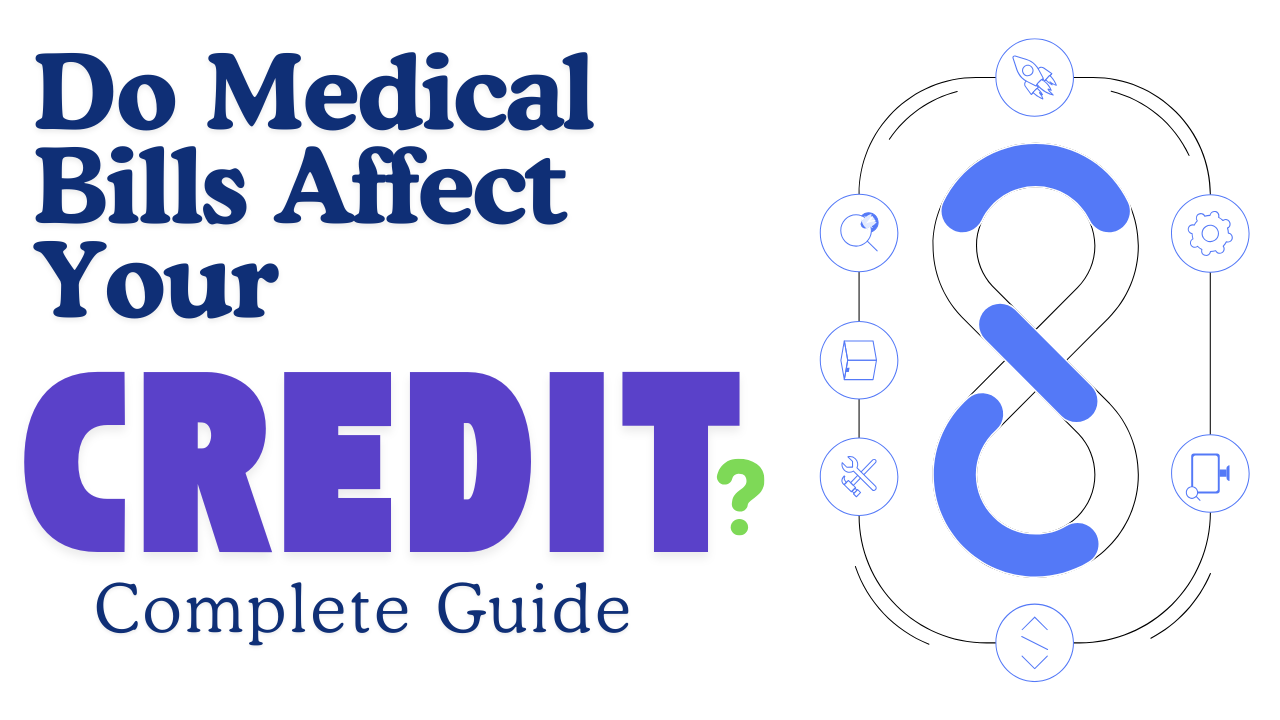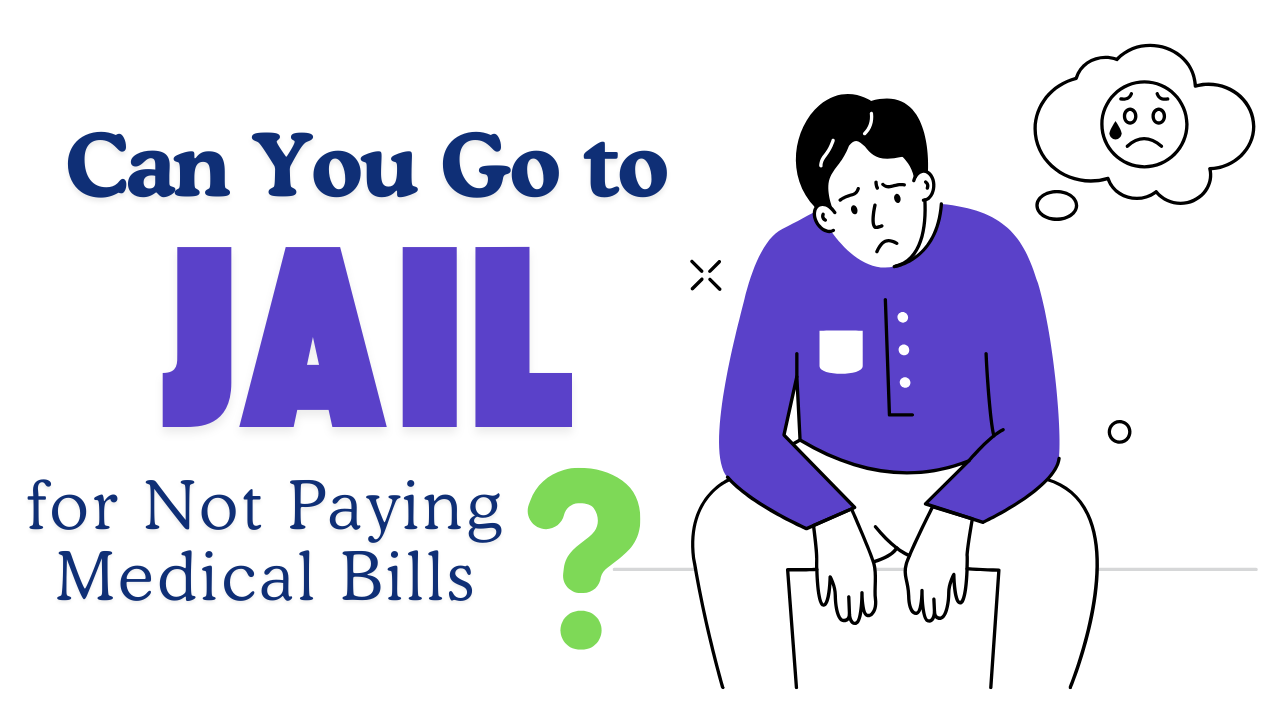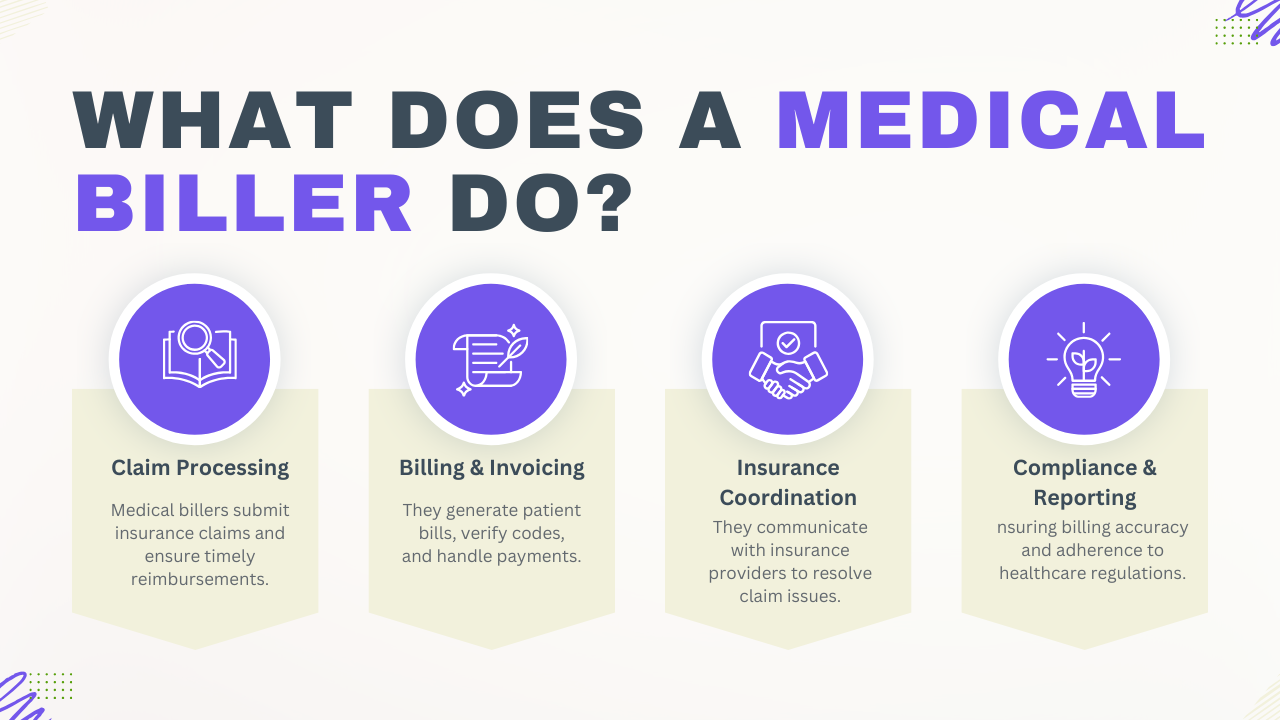Medical debt is a persistent concern for millions of Americans, and for good reason. When facing an unexpected ER visit or a high-cost surgical procedure, few patients consider how those bills might affect their long-term financial health. But the question often arises—do medical bills affect your credit? The answer is yes, though the situation is more nuanced today than it was even a few years ago.
This guide provides a detailed, accurate explanation of when and how medical bills impact your credit, what changes the credit bureaus have implemented recently, and what steps you can take to minimize or prevent damage to your credit profile.
Do Medical Bills Affect Your Credit?
Yes, they can—but not immediately.
Medical bills do not appear on your credit report the moment they are issued. Instead, they only become a factor when they go unpaid long enough to be turned over to collections. This transition doesn’t happen overnight. As of recent changes implemented by the three major credit bureaus (Equifax, Experian, and TransUnion), there is now a 12-month grace period before unpaid medical debts are eligible for reporting to credit agencies.
This means that if you're actively working to resolve the bill—whether with your insurance provider or the healthcare facility—it won't affect your credit during that time. However, once the debt enters collections and is reported, the consequences become more serious.
How Medical Debt Affects Your Credit Score
Medical debt in collections can lower your credit score, but the degree of impact depends on several factors—most notably, which credit scoring model is being used.
-
FICO 9 and 10: These models give less weight to medical collections and completely ignore them once paid.
-
FICO 8 and older: These are more punitive and will significantly lower your score, even if the debt is eventually paid.
-
VantageScore: The latest versions have also adjusted their weighting to minimize the impact of paid medical debt.
The key takeaway: unpaid medical bills that reach collections can harm your credit, but the impact has been reduced in newer scoring systems. Still, not all lenders use the latest models, and a blemish on your report—even one related to healthcare—can affect lending decisions.
When Medical Bills Show Up on Your Credit Report
A medical bill is only reported to credit bureaus after it has been in collections for over 12 months. This window gives patients time to:
-
Dispute billing errors
-
Coordinate with insurers
-
Set up payment plans
-
Seek financial assistance from hospitals or nonprofit programs
Once reported, the account stays on your credit report for seven years, regardless of whether it was paid off later.
What If You Can’t Pay the Full Medical Bill?
Unlike credit cards or loans, medical bills don’t have a fixed minimum payment. Most providers are willing to work with patients to establish manageable payment plans. Many offer zero-interest options, especially for uninsured or underinsured individuals.
Recommendation: Always attempt to negotiate a payment plan before resorting to credit cards or personal loans, which typically carry high interest rates.
How to Remove Medical Collections from Your Credit Report
If a medical collection has already been reported, there are a few legitimate ways to attempt removal:
-
Dispute inaccurate information: If the debt isn’t yours or contains errors, file a dispute with the credit bureau.
-
Pay the balance: Paid medical collections are often removed from newer scoring models, though they may still appear on your report.
-
Goodwill request: Ask the provider or collections agency to remove the mark as a gesture of goodwill.
-
Pay-for-delete agreement: Negotiate to have the account removed in exchange for payment (get written confirmation before proceeding).
Note: Not all agencies agree to pay-for-delete, and it's not endorsed by the credit bureaus—but it can work in practice.
How Long Do Medical Collections Stay on Your Credit Report?
Medical collections, whether paid or unpaid, remain on your credit report for seven years from the date of the original delinquency. However, paid collections may be ignored by newer credit scoring models when calculating your score.
Do Hospitals Report Directly to Credit Bureaus?
No. Hospitals, clinics, and doctors’ offices typically do not report unpaid bills directly. Instead, they may send the account to a third-party collection agency, which in turn reports the debt to the credit bureaus if it remains unpaid for 12 months or more.
Is Your Spouse’s Medical Debt Reflected on Your Credit?
Credit scores are individual. One person’s unpaid medical bills will not affect their spouse’s credit score, unless both names are associated with the debt—such as in jointly signed treatment agreements or shared credit accounts.
Does Your Credit Clear After 7 Years?
After seven years, most negative information, including medical collections, is removed from your credit reports. That said, the underlying debt may still be valid and collectible, depending on your state’s statute of limitations. A clean report doesn’t necessarily mean the debt is forgiven.
The 11 Words to Stop a Debt Collector
If you're receiving repeated calls from medical debt collectors, a simple legal statement can force them to stop contacting you:
“Please cease and desist all calls and contact with me immediately.”
Under the Fair Debt Collection Practices Act (FDCPA), this request must be honored. However, this does not eliminate the debt—only the communication.
Best Practices to Protect Your Credit from Medical Bills
-
Review bills promptly after receiving care
-
Check for insurance processing errors and ensure coverage was applied
-
Dispute inaccuracies immediately
-
Negotiate payment plans before letting bills go to collections
-
Monitor your credit reports regularly via AnnualCreditReport.com
-
Keep records of all payments and communications
Final Thoughts
Medical bills can affect your credit, but with the right knowledge and timely action, the damage can often be prevented or minimized. Credit scoring models have evolved to treat medical debt more leniently, but unpaid bills in collections still pose a risk. If you're proactive—by disputing errors, negotiating with providers, and monitoring your credit—you can protect your financial standing.
As with most financial challenges, transparency, diligence, and documentation are your best allies.
Frequently Asked Questions (FAQs)
Q: Do unpaid medical bills go away on their own?
No. Medical bills remain collectible and can be reported to credit agencies after 12 months of nonpayment.
Q: Can hospitals forgive medical bills?
Yes, many hospitals offer financial assistance programs. If you meet income or hardship criteria, you may qualify for full or partial forgiveness.
Q: Can I remove a medical collection from my credit report?
In some cases, yes—especially if the debt was reported in error, paid in full, or the agency agrees to a pay-for-delete arrangement.
Q: Will paying off medical collections improve my score?
Possibly. Newer models like FICO 9 and 10 exclude paid medical collections from score calculations.
Q: What happens after 7 years?
The collection account should drop off your credit report after 7 years from the date of first delinquency, though the debt may still be collected separately.





